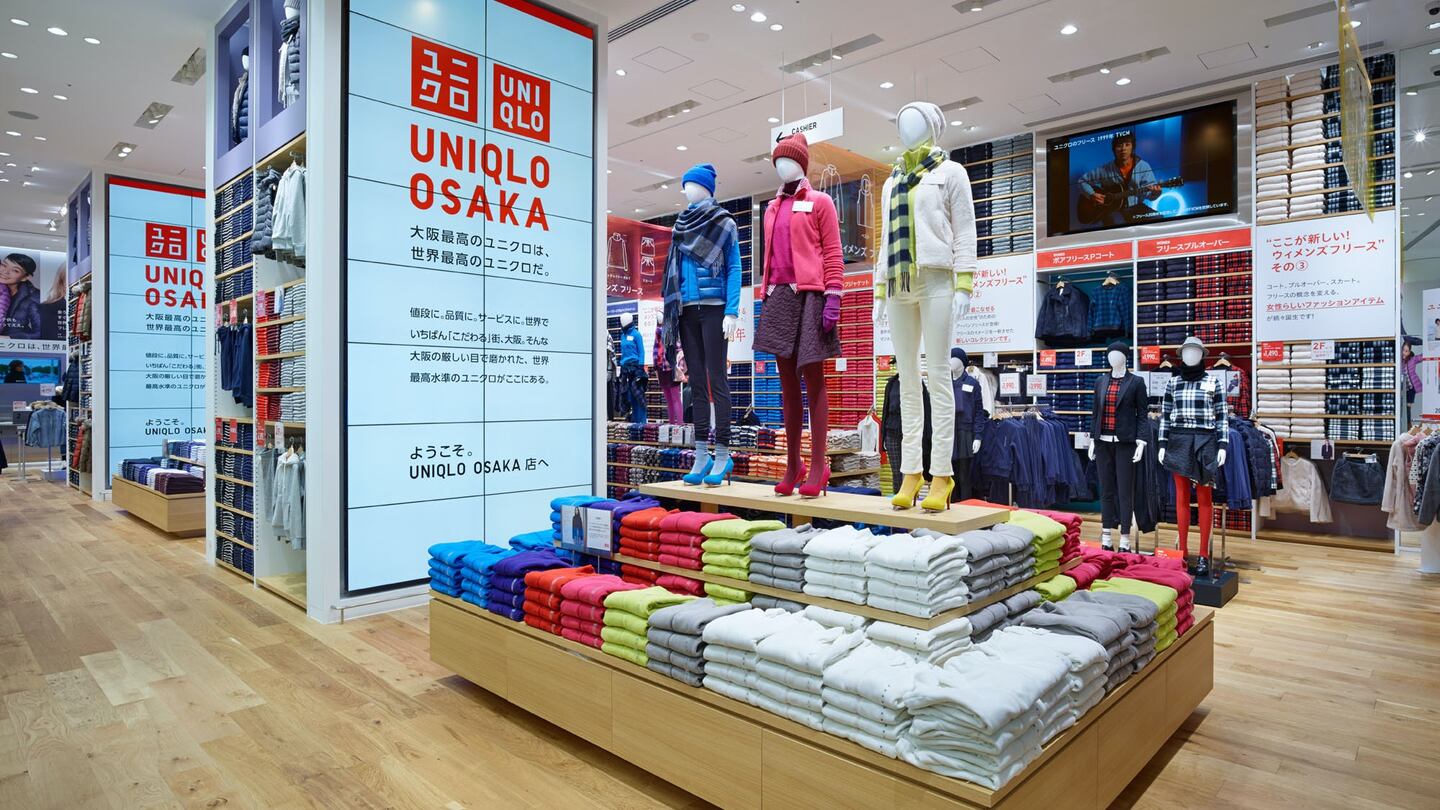
The Business of Fashion
Agenda-setting intelligence, analysis and advice for the global fashion community.

Agenda-setting intelligence, analysis and advice for the global fashion community.

TOKYO, Japan — Japan's Fast Retailing, owner of casual clothing chain Uniqlo, forecast a 44 percent plunge in annual operating profit that was steeper than what it had flagged earlier, hurt by the coronavirus outbreak in its key China market.
The pandemic briefly disrupted Uniqlo's supply chain throughout China and forced it to shut over half of its shops there. Most stores in China have reopened and the company said on Thursday that sales had started to recover in the mainland.
Uniqlo also shut around 170 stores in its home market this week after the Japanese government declared a state of emergency.
The company forecast an operating profit of ¥145 billion (about $1.3 billion) in the full year through end-August, down from a previous forecast of ¥245 billion.
ADVERTISEMENT
Its operating profit in the six months through end-February fell 21 percent from the same period a year earlier to ¥136.7 billion.
The pandemic has also hurt the Japanese retailer's rivals such as Spanish giant Inditex, which owns Zara, and Sweden's H&M.
While the virus outbreak in Europe and the United States may prove more painful for H&M and Zara, it also comes as Uniqlo has opened a few large stores in cities such as Milan.
Fast Retailing has come to depend on its Asian growth, especially in China, where Uniqlo's mix of affordable basics and occasionally trendy items proved a massive hit among the burgeoning middle class.
The company also cut its full-year dividend outlook to ¥480 per share from a previous ¥500 forecast.
By Ritsuko Ando; editor: Muralikumar Anantharaman.
The British musician will collaborate with the Swiss brand on a collection of training apparel, and will serve as the face of their first collection to be released in August.
Designer brands including Gucci and Anya Hindmarch have been left millions of pounds out of pocket and some customers will not get refunds after the online fashion site collapsed owing more than £210m last month.
Antitrust enforcers said Tapestry’s acquisition of Capri would raise prices on handbags and accessories in the affordable luxury sector, harming consumers.
As a push to maximise sales of its popular Samba model starts to weigh on its desirability, the German sportswear giant is betting on other retro sneaker styles to tap surging demand for the 1980s ‘Terrace’ look. But fashion cycles come and go, cautions Andrea Felsted.